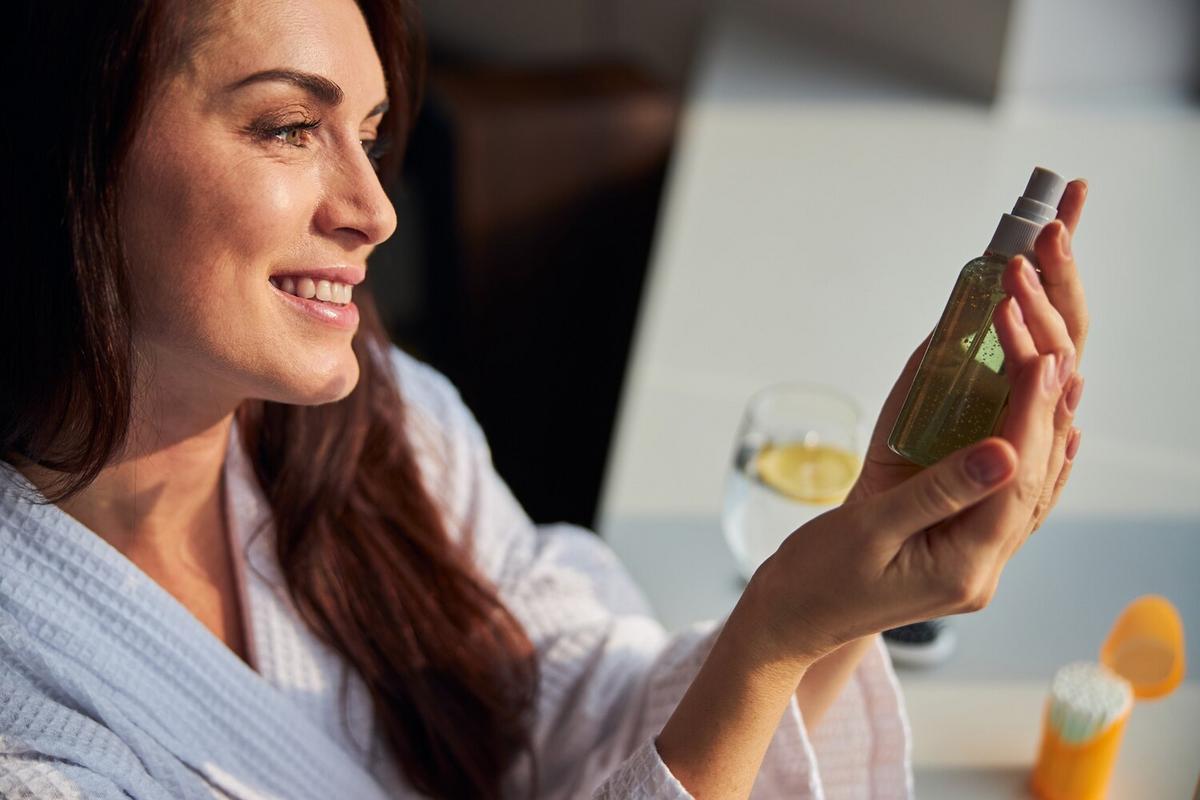
The Benefits of Aromatherapy for Stress Relief
In today’s fast-paced world, stress has become an almost ubiquitous part of daily life. Finding effective ways to manage and relieve stress is crucial for maintaining overall well-being. One such method that has gained popularity is aromatherapy. This holistic healing treatment uses natural plant extracts to promote health and wellness, particularly in stress relief.
What is Aromatherapy?
Aromatherapy, also known as essential oil therapy, involves the use of aromatic essential oils derived from a wide range of healing plants. These oils can be inhaled, massaged into the skin, or used in diffusers.
Expert Opinions
Dr. Jane Buckle, a renowned researcher in the field of aromatherapy, states, ‘Aromatherapy can significantly reduce stress levels and improve overall mental health when used correctly.’ Her studies show that specific essential oils can impact the limbic system, the part of the brain responsible for emotions.
Research Findings
According to a study published in the Journal of Clinical Psychology, inhaling lavender essential oil for just 15 minutes can lower cortisol levels (the stress hormone) by up to 25%. Another research paper from the University of Maryland Medical Center found that aromatherapy helps improve sleep quality, which is often disrupted by stress.
Personal Anecdotes
Many individuals have found relief through aromatherapy. Jane, a software engineer, shares, ‘Using a diffuser with peppermint oil during my workday helps me stay calm and focused. It has become an essential part of my daily routine.’
Actionable Tips
- Choose the Right Essential Oils: Lavender, chamomile, and ylang-ylang are particularly effective for stress relief.
- Use a Diffuser: Adding a few drops of essential oil to a diffuser can fill your space with calming scents.
- DIY Massage: Combine essential oils with a carrier oil and massage into your skin to relieve muscle tension.
- Bath Time: Add a few drops of essential oil to your bath for a relaxing experience.
Comparison Table
| Essential Oil | Key Benefit | Application Method |
|---|---|---|
| Lavender | Relaxation and improved sleep | Inhalation, massage, bath |
| Peppermint | Improved focus and reduced headaches | Inhalation, massage |
| Chamomile | Calming and anti-inflammatory | Inhalation, massage, bath |
| Ylang-Ylang | Reduces anxiety and boosts mood | Inhalation, massage |
| Eucalyptus | Clears the mind and improves respiratory issues | Inhalation, massage |
| Rose | Reduces anxiety and improves mood | Inhalation, bath |
| Lemongrass | Reduces anxiety and promotes relaxation | Inhalation, massage |
| Tea Tree | Boosts immune system and reduces stress | Inhalation, massage |
FAQs
Q: Are there any side effects of using essential oils? A: While generally safe, some individuals may experience allergic reactions. Always do a patch test before applying directly to the skin.
Q: Can I use essential oils in combination with other stress-relief techniques? A: Absolutely, aromatherapy can complement practices like yoga, meditation, and regular exercise.
Q: How often should I use aromatherapy for stress relief? A: It varies from person to person. Regular use, such as daily or several times a week, can be beneficial.
Pro Tips
- Always dilute essential oils with carrier oils like coconut or almond oil to avoid skin irritation.
- Store essential oils in a cool, dark place to maintain their efficacy.
- Consult with a healthcare provider if you are pregnant, nursing, or have underlying health conditions before using essential oils.
Conclusion
Aromatherapy offers numerous benefits for stress relief, backed by research and expert opinions. By incorporating essential oils into your daily routine, you can create a more peaceful, balanced life. Explore different oils and methods to find what works best for you, and take a step towards a calmer, stress-free existence.


